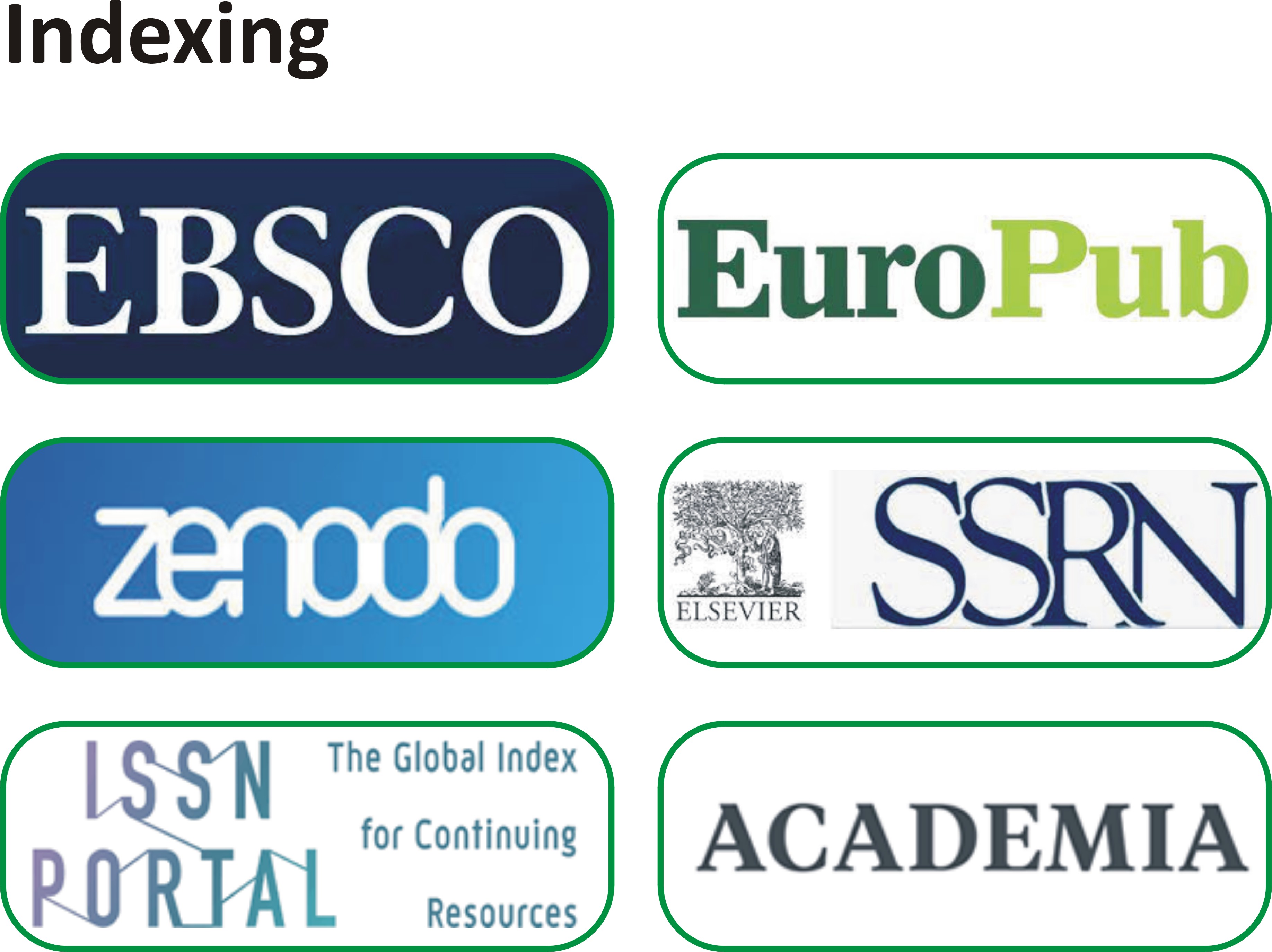CPEC and Regional Connectivity in Pakistan’s Tribal Areas: The Road to Prosperity
Abstract
This research paper emphasizes the benefits of improved connectivity in Pakistan's tribal belt and the impact OF CPEC on economic growth, social development and regional integration. This qualitative study explores the extent to which CPEC improves mobility and infrastructure and can act as a catalyst for long-term economic growth and development in the local communities along CPEC and help to enhance the socio-economic quality of life of the people. Keen focus areas includes job opportunities, access to education and health, enhancing agriculture, manufacturing and services. It further discusses how enhancing trade and people mobility with Afghanistan from Pakistan can be possible through regional connectivity and calls for balanced, equitable and sustainable development of infrastructure. Findings indicate that through CPEC, Pakistan’s tribal regions can be uplifted by linking to larger markets and industries, with a stress on inclusive development and environmental sustainability. The paper also points at the potential of tourism, and highlights various possibilities for tourism development in different socio-economic sectors, including those associated with private capital. The study also concludes with recommendations to maximize the gains of CPEC, ensure equitable distribution of resources and promote long term socio economic development in the tribal areas based on these insights.







